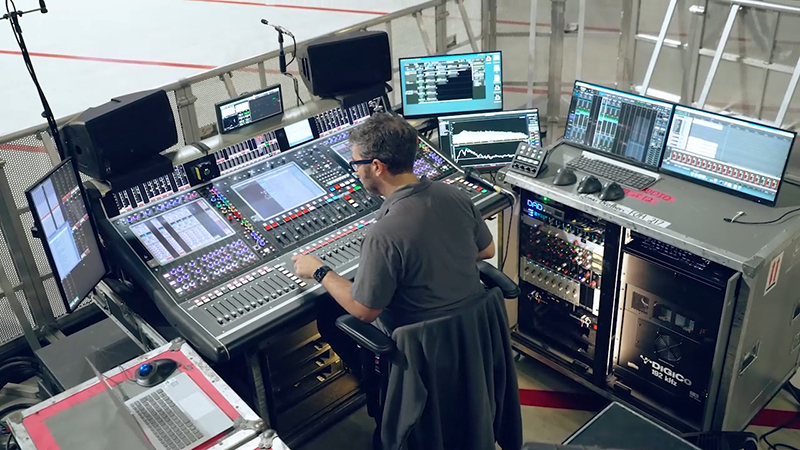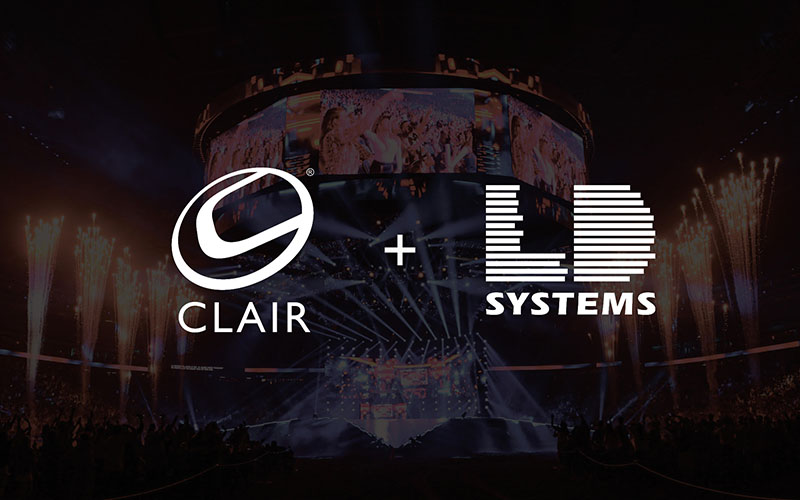
The Shuttered Venue Operators Grant was passed into law and provides much needed funding to live performing arts organizations. Subsequent SBA FAQs have served to exclude organizations and people from access to the funding.
Please e-mail the attached letter to the individuals listed herein to assure relief funding be made available to all live performing arts organizations and people.
National Ombudsman ombud@sba.gov
Tami Perriello tami.perriello@sba.gov
Barbara Carson Barbara.carson@sba.gov
Meghan Taira Meghan_taira@schumer.senate.gov
Please also e-mail your State Senator and Representative the following.
March 15, 2021
The United States Congress
The Small Business Administration
The Shuttered Venues Operators Grant Law as written will provided needed relief to live performing arts organizations. Within the law, one of the defined types of organizations that is eligible to receive SVOG funding is “live performing arts organization operators”. As written in the law, the description provides funding for a variety of diverse organizations and people.
Below is the text of the SVOG law:
The term ‘‘live performing arts organization operator’’ means an individual or entity that, as a principal business activity, organizes, promotes, produces, manages, or hosts live concerts, comedy shows, theatrical productions, or other events by performing artists for which a cover charge through ticketing or front door entrance fee is applied; and performers are paid in an amount that is based on a percentage of sales, a guarantee (in writing or standard contract), or another mutually beneficial formal agreement; and for which not less than 70 percent of the earned revenue of the individual or entity is generated through, to the extent related to a live event described in subclause (I), cover charges or ticket sales, production fees or production reimbursements, nonprofit educational initiatives, or the sale of event beverages, food, or merchandise; an individual or entity that, as a principal business activity, makes available for purchase by the public an average of not less than 60 days before the date of the event tickets to events described in clause (i)(I); and for which performers are paid in an amount that is based on a percentage of sales, a guarantee in writing or standard contract, or another mutually beneficial formal agreement; and includes an individual or entity described in subparagraph (A) that operates for profit; is a nonprofit organization; is government-owned; or is a corporation, limited liability company, or partnership or operated as a sole proprietorship.
The language in the law is very specific and does not serve to exclude the diverse types of organizations and people that the SBA is currently seeking to exclude. The SBA FAQs have carved out and excluded several types of organizations and people that clearly meet the definition as written into the law. Many organizations that “organize, produce, and manage” “live concerts, comedy shows, theatrical productions, or other events” have been excluded by the SBA FAQs.
We respectfully ask that all the exclusions created in the SBA FAQs not be reflected in the Treasury Regulations. These proposed exclusions include “service and support companies that provide stages, lighting, sound, casts, and other support for live performing arts events or which showcase performers or pre-packaged productions to potential buyers, agricultural fairs or party boats/pleasure cruises that feature concerts, a museum or movie theatre with a multipurpose room with movable seating, a drive-in movie theatre without fixed seating, and a wedding/event venue.”
We respectfully ask that Congress and the SBA do not restrict the diverse group of live performing arts organizations and people from access to the desperately needed SVOG funding. We would ask that, as with PPP, if additional funding is required, Congress appropriate additional funds to assure that all the diverse organizations and people in the industry are equitably served.
Thank you.



